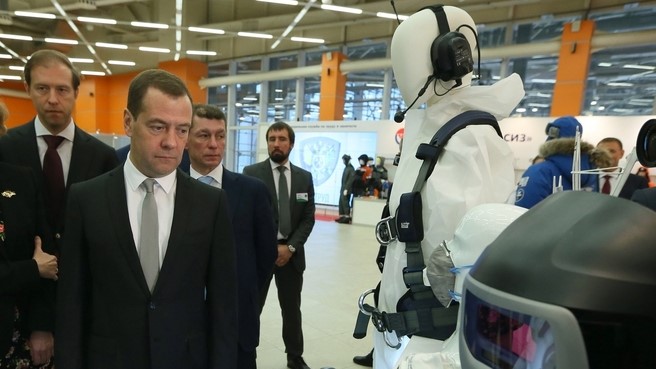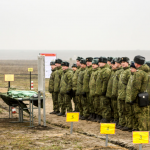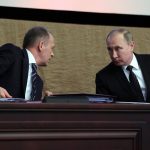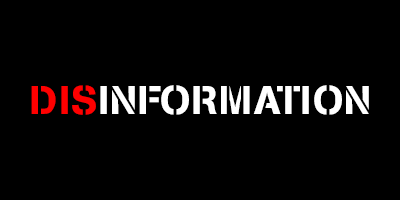RUSSIA MONITOR
Date: 12 December 2017
New-Old President, New-Old Prime Minister?
Russia’s key election intrigue has already been resolved. Russia’s March 2018 presidential election will be won by Vladimir Putin in the first round who will be sworn in for another six-year term at the beginning of May. Then, it will turn out who is going to become Russia’s next Prime Minister. And such is one of the main mysteries of the campaign. Its course should indicate whether Dmitry Medvedev will remain in office or he will be replaced by someone else.

According to the constitution, the government’s mandate expires with the end of the presidential term. After being sworn in, the president indicates his candidate to the parliament. Unofficially, it is not known who is going to be appointed new Prime Minister, unlikely two previous elections, when it was obvious who would become the head of the government. In December 2007, it was announced that it would be Putin whereas in September 2011, everyone expected Medvedev to become the Prime Minister.
For a long time, the latter has seemed an obvious candidate, but a sharp conflict with the West and, as a result, the country’s economic problems had been gradually weakening Medvedev. Both the wars in Donbass and Syria, as well as the tightening of domestic policy, made siloviki powerful and they have never liked Medvedev, considered by them as a “liberal”. Also detaining a former economy minister Alexey Ulyukayev as well as Alexei Navalny’s publication on Medvedev’s considerable fortune constituted a political blow for the Prime Minister. As a result, there emerged two waves of large anti-corruption demonstrations. It may have seemed that this political burden would have ruined Medvedev’s career as the whole situation to some extent could have struck Putin himself.
Surprisingly, since November, the Prime Minister’s political ratings have clearly gone up. It may have occurred due to Ulyukayev’s trial and a weak position of his enemy Igor Sechin. According to some rumours, Putin would have promised Medvedev that he would remain in office. Although, it may also be an element of the game played by his opponents. All the more so that there is still some time left to March and May and it seems that a lot will depend on the economic situation (which is getting worse again) and on Putin’s decision how to deal with it. His current policy seems to indicate that he does not want to introduce any reforms advocated for example by Alexei Kudrin. Former Russian finance minister has participated in the president’s elite meetings on economic issues. Although he is mentioned as a possible Prime Minister, such a scenario is not likely to happen. He has no political background and, importantly he is not supported by the siloviki. If the latter have to agree on the version of Putin-the-hawk and Medvedev-the-dove, they will probably opt for the current Prime Minister whom they know very well. The list of surnames also includes the mayor of Moscow Sergey Sobyanin, Minister of Economic Development Maxim Oreshkin and the Chairwoman of the Bank of Russia Elvira Nabiullina. Their political programmes seem similar to the Medvedev’s one. In addition, Sobyanin’s political career was not always associated with Putin’s activity, Oreshkin is young whereas Nabiullina is a woman. In this situation, it would be most convenient to opt for Medvedev, who has shown his loyalty to Putin more than once, and after the president’s spin doctors discouraged him from building his own political camp and fighting for reelection in autumn 2011, he has no ambitions to threaten the current president.
All texts published by the Warsaw Institute Foundation may be disseminated on the condition that their origin is credited. Images may not be used without permission.













